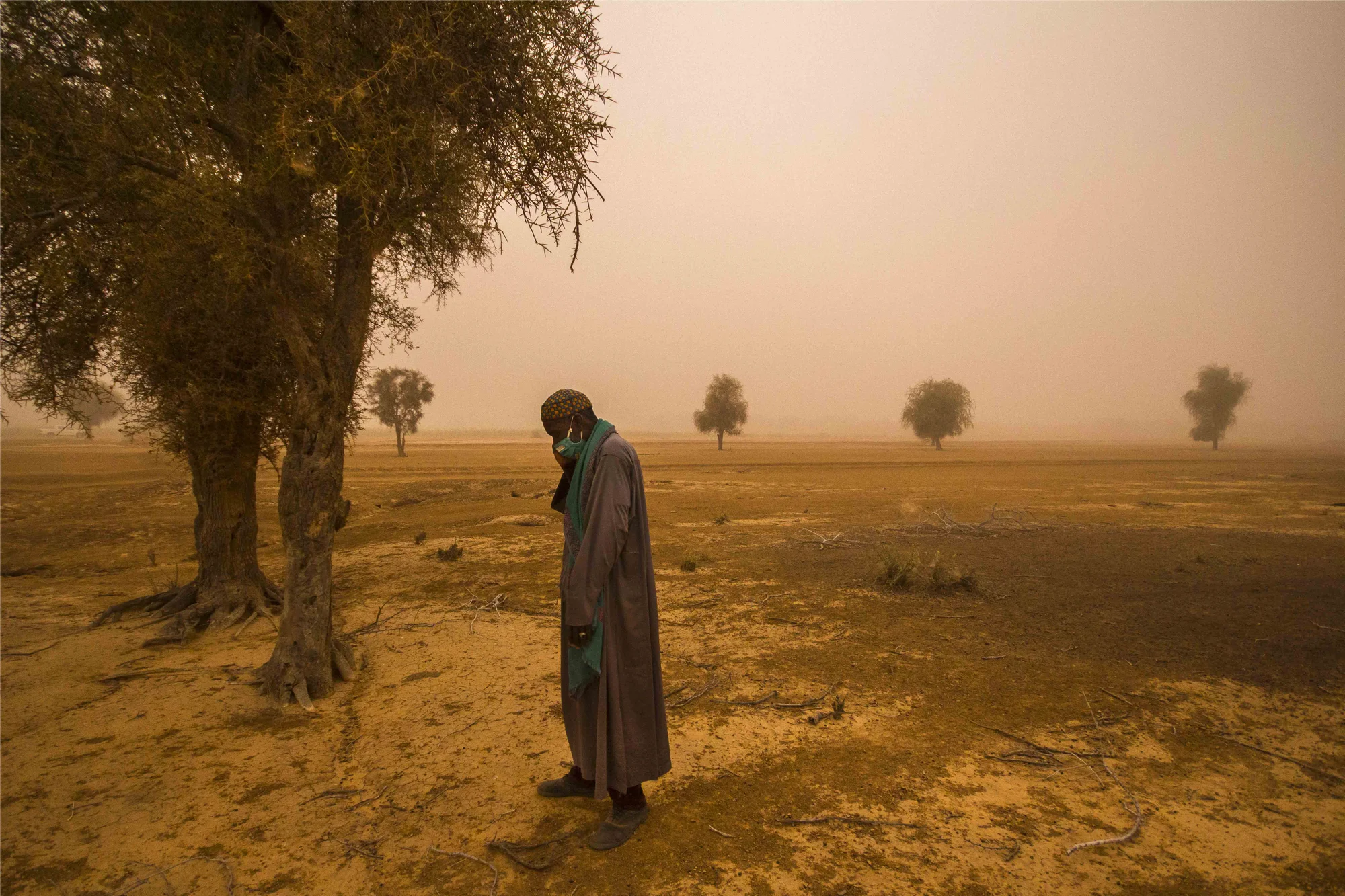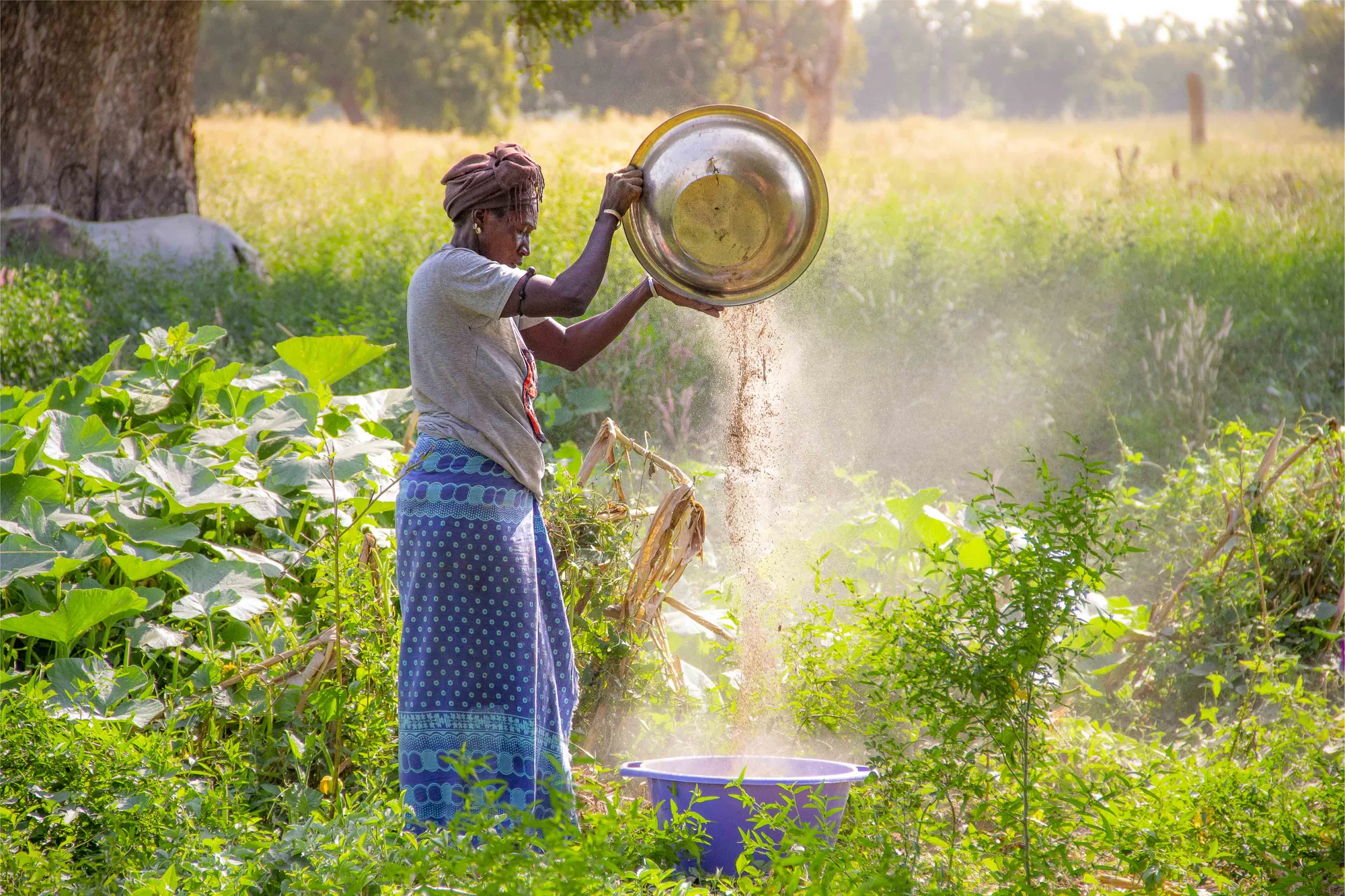
Context and rationales
Agri-food systems in Senegal and the broader Sahel region face significant challenges in ensuring food security, environmental sustainability, and social equity. The region has been grappling with the negative consequences of globalized industrial food systems, which have led to land degradation, biodiversity loss, climate change impacts, and persistent inequality. To tackle these pressing issues, there is a growing need for a transition towards more sustainable and equitable agroecological systems.
Agroecology, an approach that combines ecological principles with traditional agricultural practices, has been gaining momentum in the Sahel as a potential solution to many of these problems. It promotes environmentally sustainable farming techniques, enhances local food production, and fosters equitable and inclusive food systems. Despite this potential, agroecology in the region faces several knowledge gaps and barriers to widespread adoption.

One of the main knowledge gaps is the limited awareness of agroecology’s potential among key stakeholders, including farmers, policymakers, and consumers. This lack of awareness has hindered the development of supportive policies, investments, and market demand for agroecological products. Additionally, there is a need for a systemic understanding of the obstacles and enablers of agroecological transition at the territorial level, which is currently lacking in the region.
Furthermore, the Sahel has seen a myriad of isolated agroecological initiatives that have failed to coordinate, build synergies, and exchange knowledge. This “island of success” syndrome has limited the collective impact of these initiatives and their ability to influence broader agricultural policies and practices.
To address these challenges and unleash the full potential of agroecology in the Sahel, it is crucial to bridge knowledge gaps, build collective action, and develop transformative pathways that can foster a more sustainable, fair, and inclusive agri-food system in the region.

